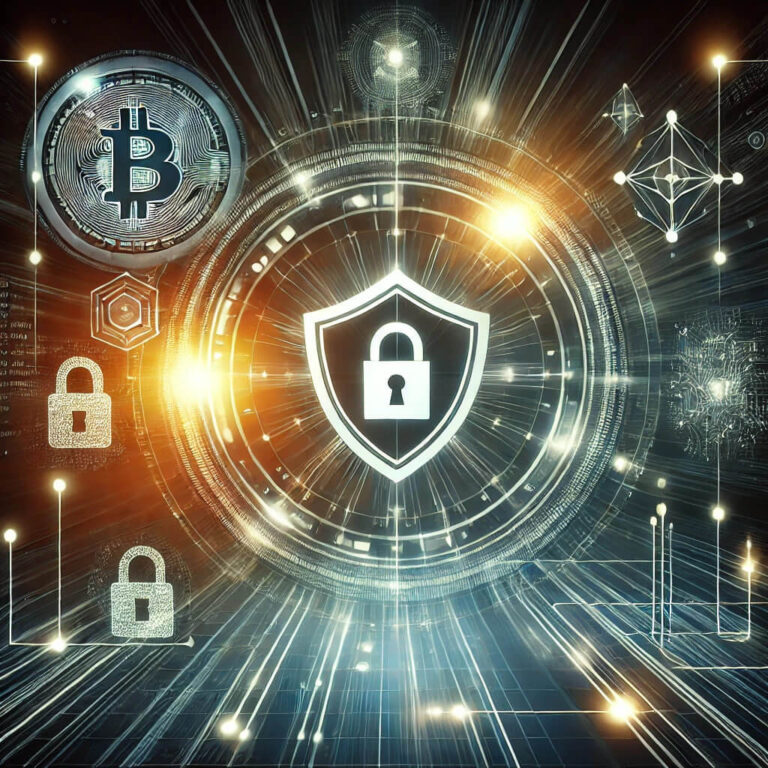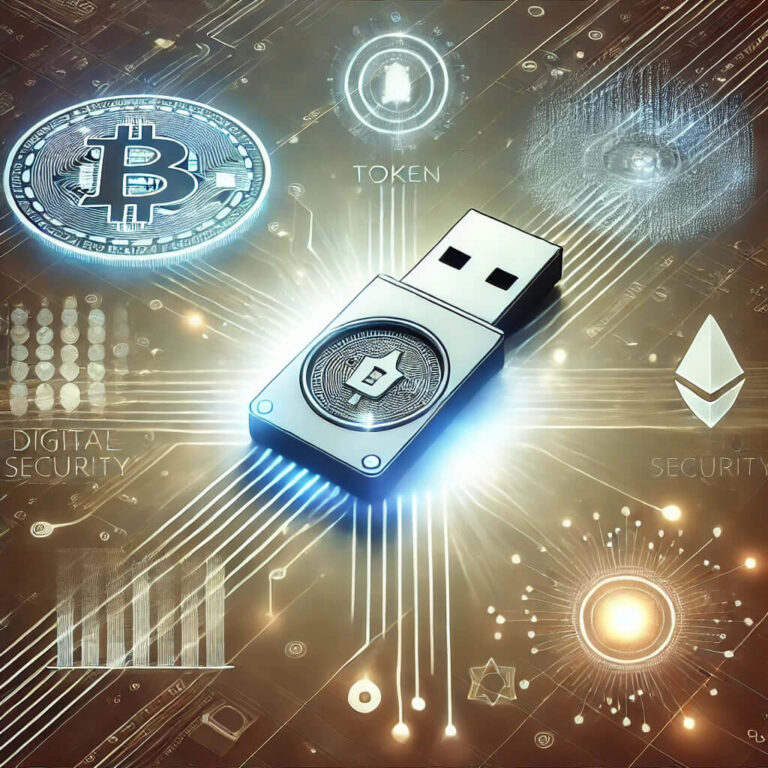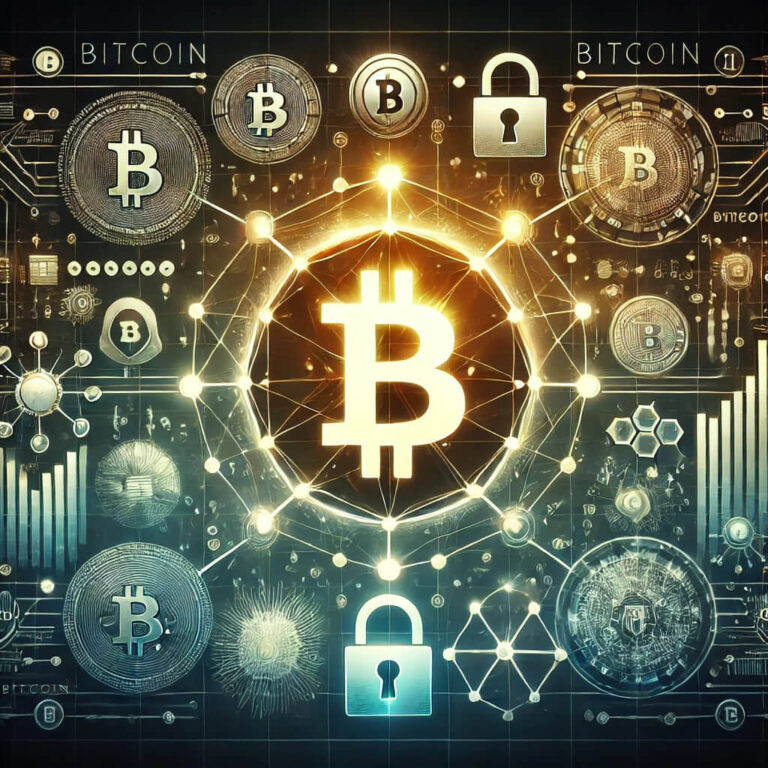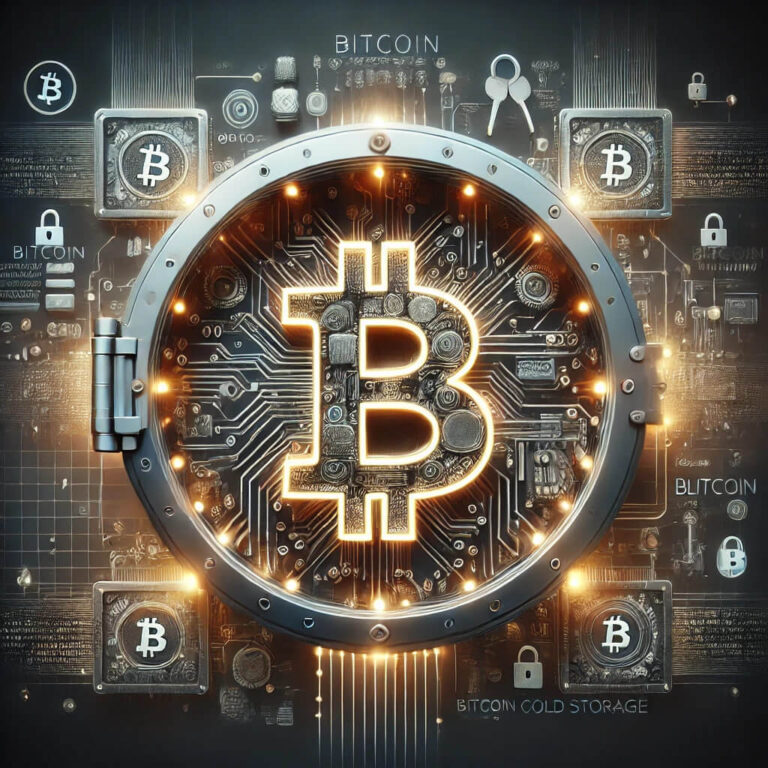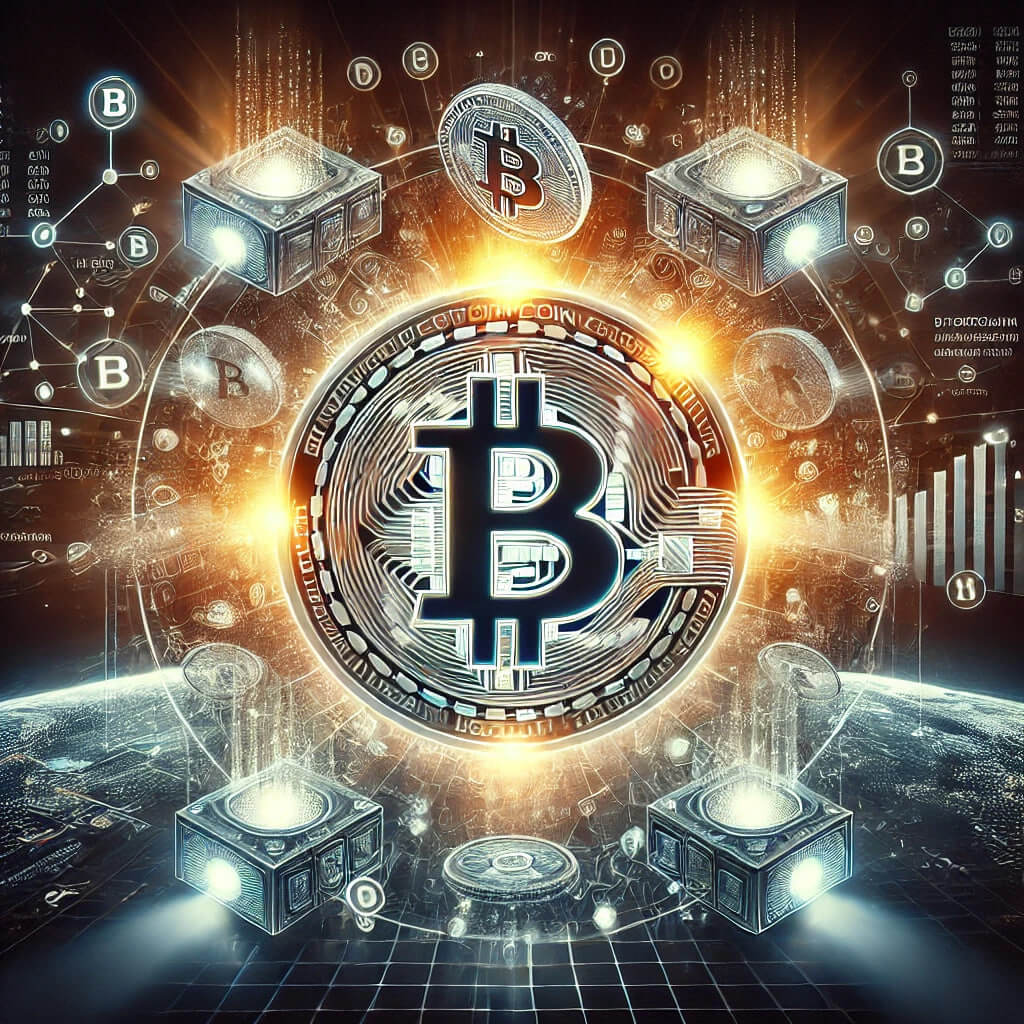
Bitcoin has the characteristics of money (durability, portability, fungibility, scarcity, divisibility, and recognizability) based on the properties of mathematics rather than relying on physical properties (such as gold and silver) or trust in central authorities (such as fiat currencies). From the user’s perspective, bitcoin is nothing more than a mobile application or computer program that provides a personal Bitcoin wallet and allows the user to send and receive bitcoins with them. Many early users spent large amounts of bitcoin several times before they became valuable or bought only small amounts and did not make big profits. Bitcoin is extremely volatile and high-risk, so investing is only recommended for people who have a good level of knowledge and can afford to lose their investment.
They can do an extensive study online or consult various sources to find out everything there is to know about how to make money with bitcoin. A government that chooses to ban Bitcoin would prevent domestic companies and markets from developing, shifting innovation to other countries. Bitcoin is still in its infancy and has been designed with a very long-term vision; it is hard to imagine how it could be less biased towards early adopters, and today’s users may or may not be the first to adopt the future. However, lost bitcoins remain dormant forever because there is no way for anyone to find the private key (s) that will allow them to spend them again.
Bitcoin investors need to understand the mining method and then start executing it to increase their odds of making a profit. You can also use Bitcoin to make purchases, but the number of providers that accept cryptocurrency remains limited. There are a wide variety of laws in many different jurisdictions that could lead to revenue, sales, payroll, capital gains, or some other form of tax liability with Bitcoin. Because these responsibilities are spread among many users around the world, Bitcoin is a decentralized cryptocurrency, or one that does not rely on any central authority such as a central bank or government to oversee its regulation.
In addition, anyone can process transactions using the computing power of specialized hardware and earn a reward in bitcoins for this service. Different governments view Bitcoin in dramatically different ways, and the ramifications of adopting Bitcoin as a global currency are significant. Unlike gold mining, however, Bitcoin mining provides a reward in exchange for the useful services needed to operate a secure payment network. Bitcoin mining also pays less than it used to pay, making it even harder to recover rising computational and electrical costs.
